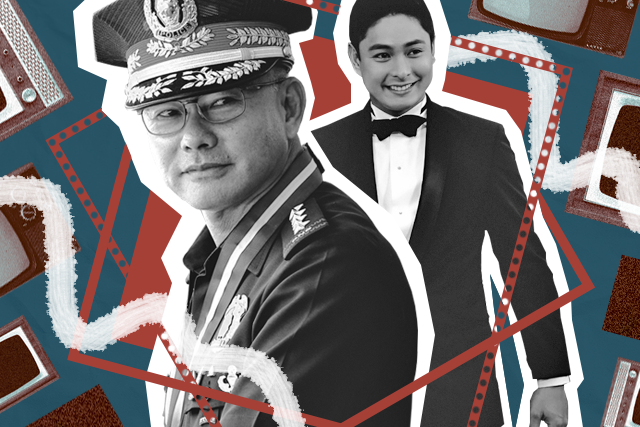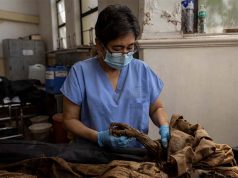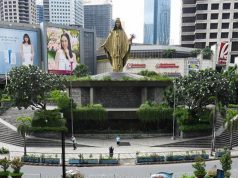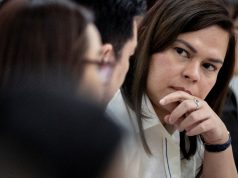
The memorandum of understanding between the Philippine National Police and ABS-CBN continued to concern those who have been following the issue, with some of it saying it could compromise the producers’ creativity in handling the narrative.
The PNP and ABS-CBN in Monday signed the MOU seeking to restore the police forces’ support to “Ang Probinsyano” under certain conditions.
The PNP agreed to continue lending the production team police uniforms, equipment and facilities under strict supervision from the Police Community Relations Group for a more “realistic” portrayal of the state forces.
They would also send in advisors from their camp to work with the team’s producers and writers to provide consultation whenever “Ang Probinsyano” would televise police operations.
In addition, the two parties agreed that ABS-CBN would not “purposefully tarnish” the image of the police force, and to be a “medium in which the PNP core medium shall be upheld.”
The MOU signing was questioned by some Filipinos who noted that it was an act of “censorship” on PNP’s part since they would now have some supervision over the series.
tbh, ang probinsyano doesn’t have to do this because they brought it upon themselves and signing an mou is a censorship on its own https://t.co/jQdAHLZwAf
— “reported party girl” mikee (@mchlmdrg) November 26, 2018
Albayalde assured the public that they would not interfere with the series’ narrative and admitted that they are not a “perfect organization.”
“Hindi naman natin sinabi na ilabas puro… basta what’s the reality for the story to be realistic. Not necessarily palaging in favor sa PNP kasi ‘di naman natin pwedeng sabihin na perfect organization,” he said.
Eduardo Año, the chief of the Department of the Interior and Local Government, added that ABS-CBN promised “to give a balanced and fair portrayal of the PNP” to help boost the state forces’ morale in the midst of an internal cleansing.
“Ang Probisyano” is the first television series to have forged an MOU with a government body in terms of its content.
Attack on freedom of expression
Two groups previously aired their statements against PNP and DILG on their attempts to have a say on the series’ portrayal of the police force.
The attempts came despite “Ang Probinsyano” lead actor Coco Martin issuing an apology to PNP through Instagram.
An arts and media alliance group called “Let’s Organize for Democracy and Integrity” noted that the PNP and the Department of Interior and Local Government, the executive agency which supervises it, should uphold the “constitutional right to free expression, even when it is deemed inconvenient or critical.”
Concerned Artists of the Philippines, an organization co-founded by National Artist for Cinema Lino Brocka, added that PNP and DILG’s actions are “tantamount to censorship and suppression of creative freedom.”
Former solicitor general Florin Hilbay also said the PNP and the DILG would violate the artists’ right to freedom of expression under the 1987 Philippine Constitution if they chose to file charges against the hit series’ producers.
“Ang karapatan ng mga manunulat at artista ay sagrado sa ating Saligang Batas,” he said.
“The PNP should also not intervene in making the script, which is part of the freedom of expression under our Constitution,” Hilbay continued in Filipino.
Article 14, Section 14 of the Constitution states that the government must foster “a climate of free artistic and intellectual expression” in matters of the arts.
Right to artistic license
Every work of art—be it a poem, a song, or a television show—is generally subjected to have rights to artistic license. This refers to the ability of an artist to commit alterations to facts for the sake of art and creativity.
ThoughtCo, a website that specializes in expert-created educational content, defines artistic license as such:
“Artistic license means an artist is accorded leeway in his or her interpretation of something and is not held strictly accountable for accuracy.”
As any individual, group or entity has the right towards freedom of expression, their creations are also subjected to artistic license where the “suspension of disbelief” is practiced.
The suspension of disbelief is defined by Media College as a “semi-conscious decision” of an individual where he sets asides his questions, concerns and knowledge whilst reading or viewing a work of art and accepts everything that happens in the story for enjoyment. — Artwork by Uela Altar-Badayos









